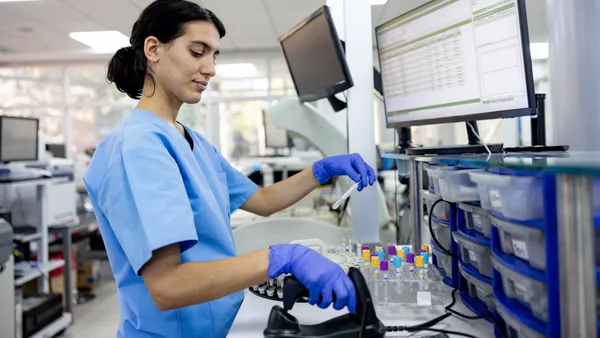The U.S. Government Accountability Office will look into the Food and Drug Administration’s oversight of medical device recalls, the government watchdog confirmed Wednesday with MedTech Dive.
The probe comes one month after Sens. Richard Durbin, D-Ill., and Richard Blumenthal, D-Conn., asked the GAO to review the FDA’s handling of device recalls, citing Philips’ recall of more than 15 million respiratory devices that has been ongoing for two-and-a-half years.
A GAO spokesperson said in an email that the office hopes to start the work soon, but did not provide information on when the probe will begin and how long it may take.
Meanwhile, a spokesperson for the Center for Devices and Radiological Health said in an email that the agency welcomes the review of its oversight of device recalls. The spokesperson did not say what specifically the GAO will look into and how long the review may take.
ProPublica was first to report the news on Wednesday.
Sens. Durbin and Blumenthal urged the GAO to review the FDA’s handling of medical device recalls in a letter to the office last month. Regarding the Philips recall, the senators wrote that it “appears that FDA missed several opportunities to mitigate the harm done to the millions of patients who have used these recalled medical devices.”
The senators asked for an update on a 2011 GAO report of the agency’s oversight of device recalls, listing 10 questions they want the office to take into account. The questions include the extent to which the FDA uses information to improve its recall process, the agency’s authority and actions it has used to ensure manufacturers initiate recalls, what factors may contribute to the likelihood of medical device recalls, and whether additional resources, funding or legislative authorities would improve the FDA’s oversight.
The GAO’s review comes after several years of high-profile device recalls and product safety issues — namely, Philips’ ongoing recall of sleep apnea and ventilator machines. The FDA has also faced criticism for its handling of safety problems associated with breast implant products, Bayer’s Essure birth control device and Medtronic’s Heartware ventricular assist device.












